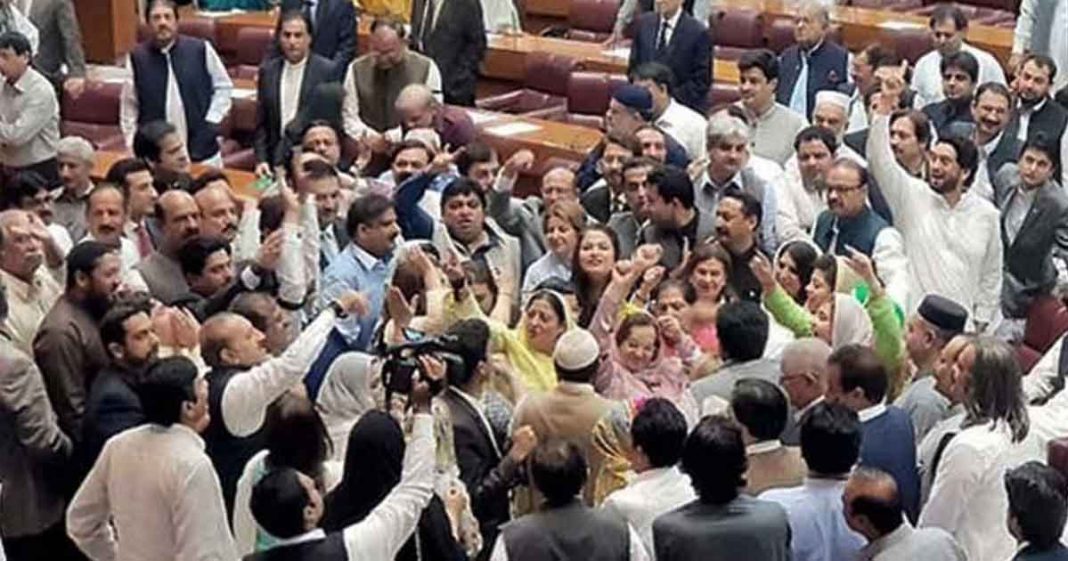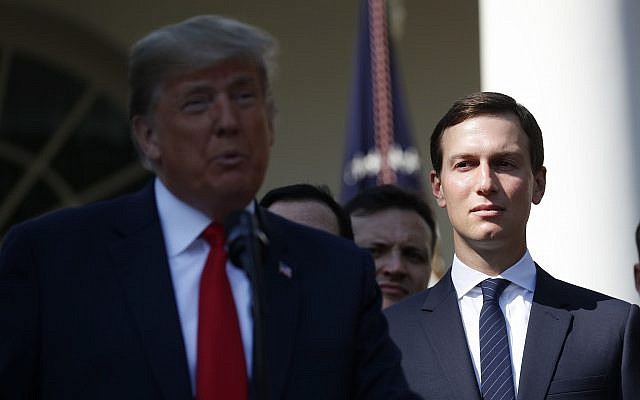On October 17, 2021, the leader of the opposition Shahbaz Sharif (SS) while speaking in the joint session of the legislature remarked that not only the ‘Aiwan’ (House) but all its members were ‘Mauziz’ (Honourable). Coming from a person who is facing serious charges of corruption including money laundering, his words carried no impact or meaning. The opposition did not stop here, Shahid Khaqan Abbassi an Ex-Prime Minister from the same party said that the ruling party does not have a ‘Moral Majority. In other words, those who sided with the government had serious morality issues. Maulana Fazal-ur-Rehman called it a black day for democracy. The fact of the matter is that we as a nation have been engulfed with the ‘Zia Dark Ages’ since July 05, 1977. Every election since then has been disputed. Most of the individuals whose entry was forced into this once ‘Mauziz Aiwan’ were not ‘Mauziz’, as their conduct was dishonorable. Pakistani politicians have always been known to have no manners when it comes to addressing large gatherings.
It is the conduct that counts not the expensive attire that most members display in the house while delivering long meaningless speeches on both sides of the political divide. Same faces are seen sitting on the side that suits their interests. Bhutto’s grandson Bilawal Zardari even took the name of their Foreign Minister who continues to hold the same office while changing parties. Does it indicate continuity of the same policy? The legislature as it stands today is directionless with ‘Blind leading the blind’
Read more: Who dreams of Purana Pakistan? -Dr Farid A Malik
Debate, discussion and consensus are a part and parcel of democracy
But that is only possible if common not vested interests are pursued which has not been the case since July 1977. The 1973 constitution has survived mainly because it is a consensual document. Zulfiqar Ali Bhutto (ZAB) understood the impediments and constitution-making in the land of the pure. He went out of the way to get the complete buy-in of the parliament which at that time was certainly ‘Mauziz’. The ablest house ever.
The leader of the house was ZAB while the opposition was led by Khan Abdul Wali Khan both upright, clean and able leaders. There were no charges of corruption against any member as they were all wiped out in the free and free contest in 1970. The ‘Sarkari League’ (PML-Con) led by establishment politicians like Chaudhry Zahoor Elahi bit the dust. The majority of the legislators were fresh faces, willing and ready to serve. Dr Mubashir Hasan polled the highest number of votes. Lahore emerged as the bastion of the Pakistan People’s Party. Unfortunately not much has been written about the achievements of this ‘Mauziz Aiwan’ to be a role model for our democratic journey.
Since 1985, ‘Election Chori’ (Stealing Elections) has been the norm. While PML-N has been the major beneficiary of this ‘Chori’ they are the ones complaining about it the most. The party has the worst legislative record of all time. During his second term in office, Mian Nawaz Sharif as PM had himself declared as ‘Ameer-ul-Momineen’ (Khalifa). It was the PPP majority in the Senate that blocked the passage of this bill. Then in his third term, another unscrupulous legislation was floated under which a disqualified person could head a political party.
Finally, the bill was struck down by the judiciary
After the inclusion of Article 6 in the constitution, ZAB was convicted that no one would dare to take over an elected government but he was proven wrong twice. It was this ‘Mauziz Aiwan’ that passed the infamous 8th Amendment to not only give cover to Zia’s take over but also accept his Adhoc disfiguring of the consensual constitution. The houses that followed were equally amenable in giving legal cover to dictatorial onslaughts. Personally, I think history will remember Nawaz Sharif for invoking Article 6 against the last usurper. It may prove to be the only ‘ Silver Line ‘in his checkered political career. He may never return for his fourth term.
Read more: How PTI was exploited? – Dr Farid A Malik
Huseyn Shaheed Suharwardy the fifth elected PM of Pakistan was a stalwart of the freedom movement. Quaid-e-Azam relied on him to lead the Muslim League in the Eastern wing. He was elected the PM of the combined province of undivided Bengal. As a brilliant lawyer, he challenged Ayub Khan’s EBDO (Elected Bodies Disqualification Ordinances ). He successfully defended himself in the Military Tribunal headed by a Lt. Col. He addressed the Chairman of the tribunal as ‘My Learned Friend’ but in the end he said, certain statements do not carry weight, you are neither learned nor my friend. It should be very clear that only the ‘Mauziz Aiwan’ was the one elected in the year 1970 as it was composed of ‘Mauziz Members’ which did not include ‘Pirs, Mirs, Sains, Tajirs, Khors and Khazars’. Since then it has been a waste of national resources with massive corruption, loot and plunder.
Agencies have files overflowing with information about the unscrupulous activities of all these ‘Mauziz Members’ including the leader of the opposition and the senior leaders who sit on his left and right all accused of massive corruption yet claiming to be ‘Mauziz’ which they are not. No wonder, they slip away at all crucial moments, leaving their leadership with a bloody nose and in utter frustration. Not words, it is the conduct that counts.














